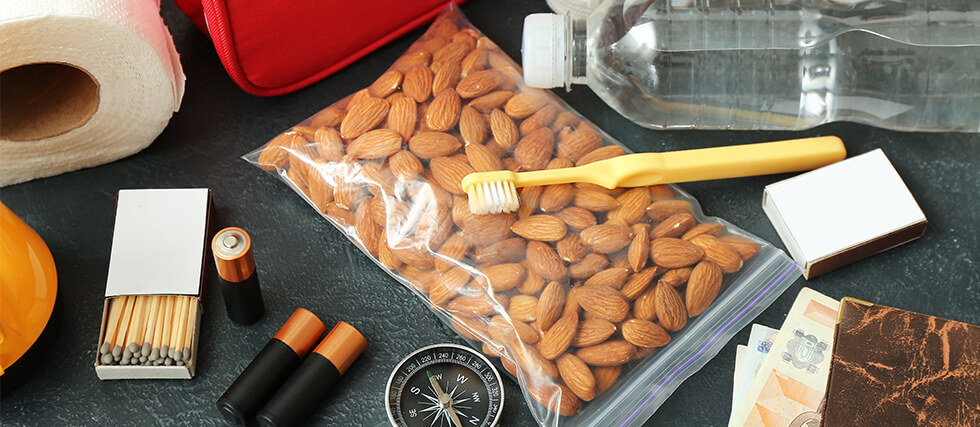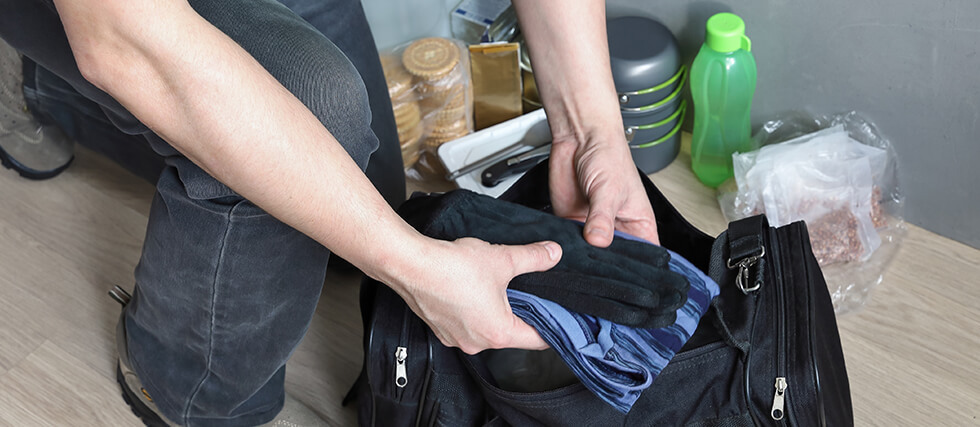Why Americans Should Follow Europe’s Lead in Emergency Preparedness
The European Commission is urging its citizens to maintain emergency supplies for at least 72 hours, a move rooted in rising threats like natural disasters, cyberattacks, and even potential armed conflict. As part of its new EU Preparedness Union Strategy, the Commission highlights the need for improved early warning systems and a culture of personal readiness.
European Commission President Ursula von der Leyen emphasized that preparedness can save lives—families should know how to act when floods come, or wildfires break out. The goal is not just government-level readiness, but household resilience.
European Commissioner Hadja Lahbib put it plainly: “Ready for anything—this must be our new European way of life.” The EU plans to release guidelines for citizens to be self-sufficient for at least 72 hours, recommending supplies like food, water, radios, power banks, cash, and medication.
This isn’t just good advice for Europe—Americans should take notice, too.
The U.S. faces similar vulnerabilities, from hurricanes and wildfires to cyberattacks and grid failures. Yet, many households remain underprepared. Following the EU’s example could foster a culture of resilience here in America. A three-day supply of essentials can make the difference between safety and chaos during a crisis.
By adopting a proactive mindset—stocking up on basics, understanding local risks, and preparing emergency plans—Americans can increase their personal safety and reduce strain on emergency services. If Europe can make preparedness part of everyday life, so can we.




